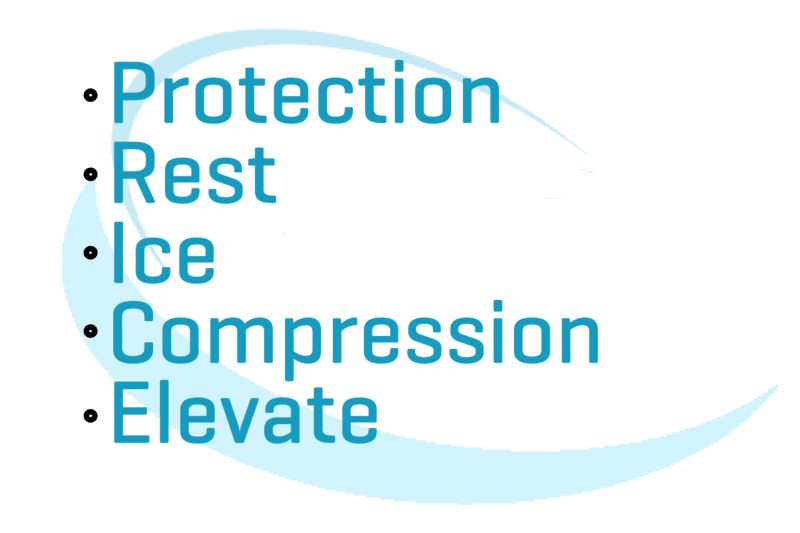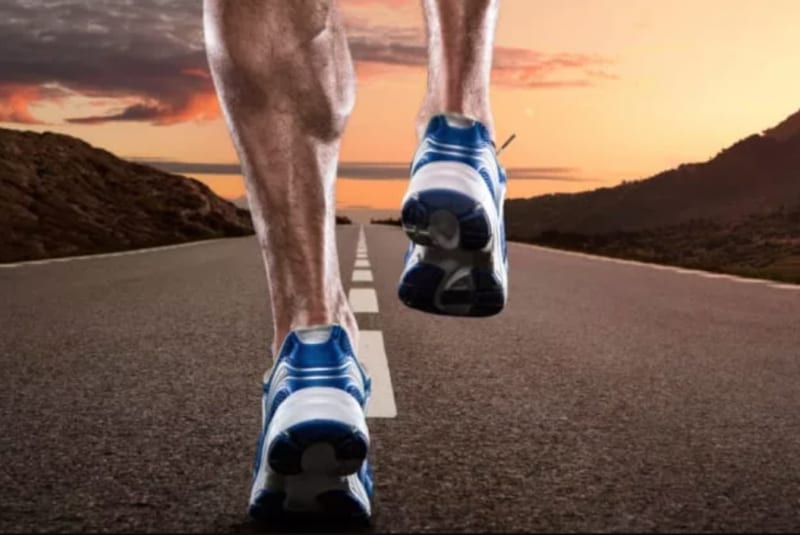With just a few weeks left to go until the London marathon, competitors up and down the country are pushing their bodies to the limit. It’s in the final few weeks of preparation we see an increase in running related injuries. It is at this stage of training that rest days seem impossible, however are increasingly important.
So here we explore the benefits of physio and how a good physiotherapist can help you overcome injury, boost your marathon training and overall performance on the day.
Before we begin we first want to address some of the top injuries we see due to long distance running and training, these are –
Runner’s knee
Caused by repetitive impact on the joint. Symptoms include a dull ache around or behind the knee cap, swelling and popping or grinding in the knee.
Shin splints or medial tibial stress syndrome (MTSS)
Caused by excessive amounts of force delivered to the shin bone and the tissues which attach the muscle to the shin bone (if not diagnosed and treated it can evolve into a stress fracture).
Stress fracture
Caused by repeated stress over time rather than caused due to impact. Sufferers usually complain of increasing pain when exercising and little or no pain during resting.
Plantar fasciitis
Caused by an inflammation of the band of tissue that runs across the bottom of your foot and connects your heel bone to your toes. Pain in the heel can be more intense in the first few steps after resting for a long period of time or standing for long periods of time.
ITB pain (Iliotibial band syndrome)
Again caused by repetitive, high impact movement, ITB pain can be felt on the outside of the knee, normally as the heel strikes the ground.
Achilles tendonitis
Repetitive strain on the Achilles tendon can cause stiffness and pain in the tendon, normally felt after long periods of rest (in particular first thing in the morning when getting out of bed).
Most if not all of these injuries can be prevented, treated and managed through physiotherapy.
How can physiotherapy help me achieve my best.
Your physiotherapist can provide training techniques which will get you back on your feet after injury, as well as supporting you through your training with treadmill based assessment to improve gait, impact and posture. Your physio can also make the necessary tweaks to your stride to prevent injury.
Injuries differ from patient to patient so an individualised program of specific stretches and strengthening exercises can be tailored after an initial assessment with a specialist.
Physiotherapy aims to target specific deficits and help improve strength, control, endurance and flexibility.
Over a short period of time we can improve your performance and reduce the potential of overuse injury. We also factor in your daily routine, including your diet.
As most sports participants know, your diet can be the backbone of any training and can quite literally make or break you.
Posture and balance are also a focus when training to prevent injury. Again, another reason why your physio can help you achieve top times on your next marathon.
Massage along side physiotherapy has been know help reduce pain and inflammation to existing injuries including sprains, strains, broken bones and muscles tears
Other well known benefits include –
- Helps remove metabolic waste from the tissues
- Improves posture
- Improves range and efficiency of movement
- Reduces tension in the muscles
- Increases nutrients supplied to the vascular tissue
As each injury is different from patient to patient an initial assessment will be done to construct the best treatment plan that suits you, which can include the standard PRICE or RICE protocol.

My injury is not getting better fast enough, will shockwave therapy help speed things along?
Extracorporeal shockwave therapy (ESWT) is a treatment for tendon pain and can be effective in the treatment of a range of tendon problems around the body.
Shockwave therapy accelerates tissue repair and cell growth, analgesia and mobility restoration.
A number of studies have demonstrated its effectiveness in treating tendon problems that have failed other forms of conservative management.
ESWT is used in earlier treatments, to facilitate and speed up recovery. We recommend 3 sessions over 3 consecutive weeks. Which unfortunately limits your recovery time for the London marathon!
Again, this would also depend on the injury itself and the age of the injury. So, please seek further advice if you are worried about your recovery time.
Complete Physio is a group of private physiotherapy clinics providing first class physiotherapy and sports injury treatment. We aim to get you back on your feet and fully prepared for the London marathon, or indeed any sporting event you have coming up this year.
Our team of private physiotherapists are based in 7 convenient central London locations.
The Bankside Health Club – BANKSIDE SE1
Cocoon Networks London – BROADGATE EC2A
Revolution PT Studios – BURY STREET EC3A
Lomax Bespoke Health – CHELSEA SW10
The Light Centre – MOORGATE EC2
Performance Rx – SWISS COTTAGE NW6
Get in touch for further information on running injuries including hyaluronic acid, and steroid treatments.
Don’t let pain hold you back, book now!


